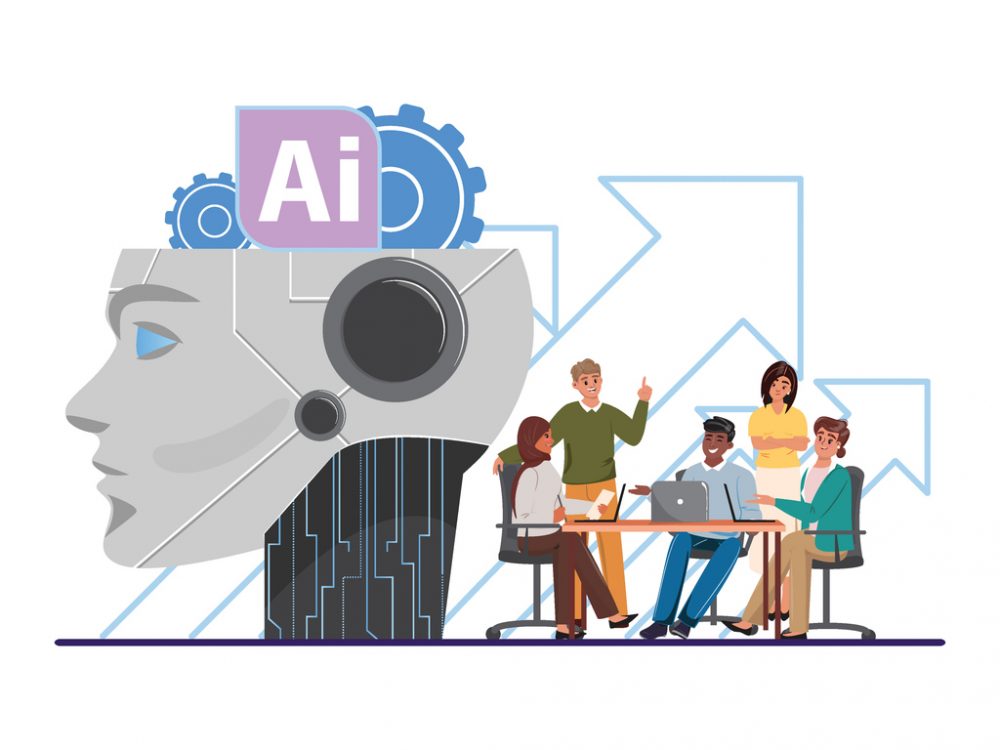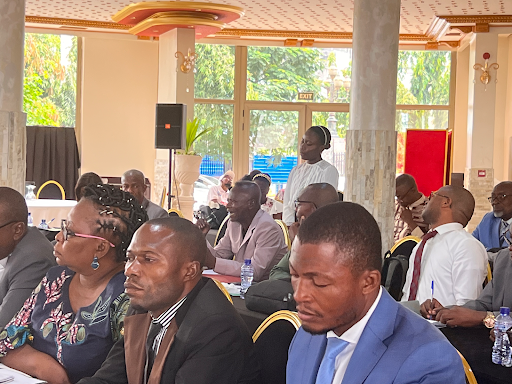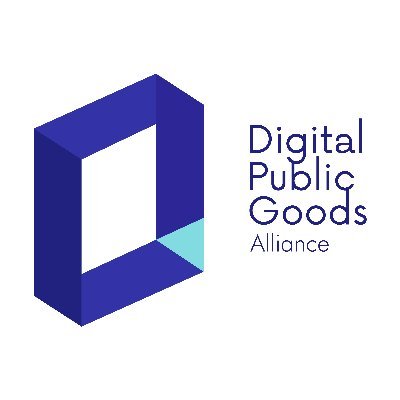Opening up the Atlantic: A Transnational Approach to Sustainable Development?
The world as we know it is getting smaller; globalization has interconnected regions and reconfigured international relationships. The world is facing similar concerns around environmental stability and resilience, as well as similar opportunities for increased collaboration. By further establishing geographical partnerships across nations and even oceans, a joint approach can address local, regional, and global issues. The Atlantic Basin serves as a prime example of how four regions — Africa, Europe, North America, and South America — can share lessons learned and work toward common goals.
Why the Atlantic Basin? The region has dense historical and colonial linkages, which has led to linguistic and cultural convergence on both sides of the Atlantic. FRIDE Director Giovanni Grevi delves into the details of this convergence — particularly from an economic perspective — and finds that “partnerships have been proliferating among many countries in the region and a jigsaw of regional cooperative frameworks is emerging.”
The discussion thus far regarding an emerging common identity has been mostly framed around economic and trade relations. However, given that the region includes several countries grappling with growing environmental concerns, the basin also shares a vital interest in cooperating on a sustainable environmental approach. As environmental degradation becomes a more pressing topic — in the Atlantic Basin and around the world — collaboration between countries can help ensure lessons learned and good practices are broadly disseminated.
Currently, the dialogue on combating environmental degradation focuses on the localized nature of environmental problems, challenging the notion that it is a transnational problem. However, approaches to addressing environmental issues do not necessarily need to be either local or national/transnational. If we accept that economically and ecologically marginal lands suffer the most from environmental consequences — and therefore should be the focal points in combating degradation efforts, while acknowledging the merit of supporting integrated approaches and knowledge-sharing efforts — both local and transnational efforts can play an important role in finding mutually beneficial opportunities within and across Atlantic Basin countries. On that point, Agenda 21, a UN initiative created in 1992, states the need for knowledge-sharing and management-related activities as a means for ensuring the uptake of best practices among similar contexts. Common context means that good practices may be exchanged across disparate areas — and that policymakers do not have to “reinvent the wheel” as challenges and opportunities arise.
Furthermore, the Atlantic Ocean — a common resource — remains critical for trade. With pressing concerns and mutually beneficial opportunities arising from the region’s shared environmental “borders,” the Atlantic Basin holds a shared socio-economic interest in finding a sustainable, long-term approach to protecting its resources and bolstering resilience.
Environmental challenges outlined in the SDGs highlight the need to “take urgent action to combat climate change and its impacts” and to protect and enhance sustainability in the oceans and terrestrial ecosystems.” The Atlantic Ocean serves as a key source of both resources and sustenance for many. According to GMF’s Atlantic Currents report, a joint approach to both investing and conserving in these regions — through energy infrastructure support, resource accessibility, and more — could prove effective in both the short and long term, as detailed in the UN’s sustainable development goals. One trans-national environmental initiative taking place within the Atlantic Basin is the Great Green Wall Initiative, an integrated national resource management project that supports climate resiliency in 12 countries in West Africa and the Sahel. Such initiatives, which support the “build-up” of local resiliency as part of broader national and trans-national environmental initiatives, are perhaps ones that are best poised to make both direct and long-term impacts.
The role of communication is absolutely critical in making advancements regarding all these issues — technology can serve as the main driver of change by being the vehicle through which lessons learned, issues of importance, and mutual concerns are raised and shared. By “opening up” these discussions outside of the top tier political and economic players in the Atlantic Basin to include and empower citizens, this increased transparency and accountability can help to fuel change and reform more quickly.
The next post in this series will examine how policy and technology can bolster the Atlantic Basin’s ability to innovate and adapt to 21st century opportunities and challenges.
This post has been republished from the German Marshall Fund of the United States (GMFUS). Image credit: NOAA/NCEI. This is the first in a collaborative blog series between Paige Kirby and Dina Abdel-Fattah of Development Gateway, and Danielle Piatkiewicz, Program Assistant on the Wider Atlantic Program, GMFUS.
Share This Post
Related from our library

Beyond Kigali: Where Does Africa Go from Here with AI?
As the AI momentum builds, Development Gateway is asking different questions: where the data comes from, how reliable it is, how legacy systems will supply usable data, and whether governments have the capacity to govern and trust the AI tools they’re being urged to adopt.

Stakeholder, Where Art Thou?: Three Insights on Using Governance Structures to Foster Stakeholder Engagement
Through our Tobacco Control Data Initiative (TCDI) program and its sister program Data on Youth and Tobacco in Africa (DaYTA), we have learned that creating governance structures, such as advisory boards or steering committees, is one approach to ensuring that digital solutions appropriately meet stakeholders’ needs and foster future stakeholder engagement. In this blog, we explore three insights on how governance structures can advance buy-in with individual stakeholders while connecting them to one another.

DG’s Open Contracting Portal Designated as a Digital Public Good
Digital Public Goods Alliance designated DG’s Open Contracting Portal as a digital public good in September 2022. The Portal provides procurement analytics that can be used to improve procurement efficiency and, in turn, reduce corruption and increase impact.